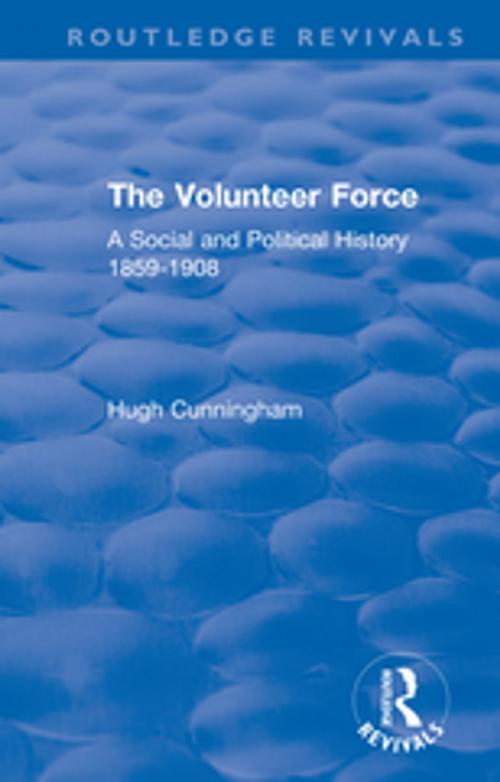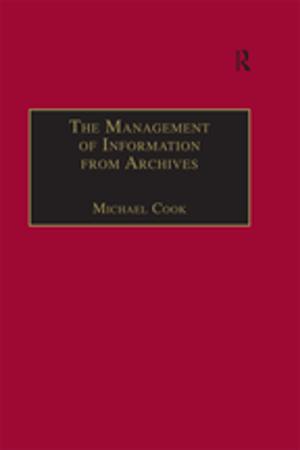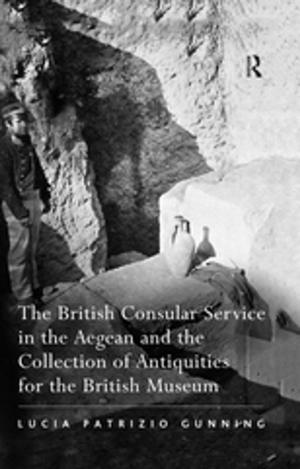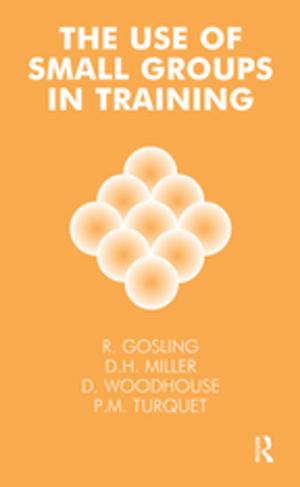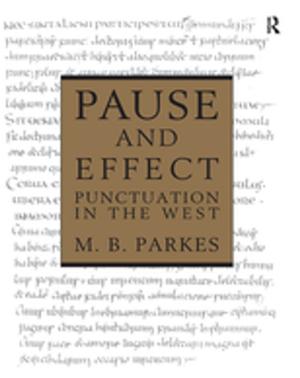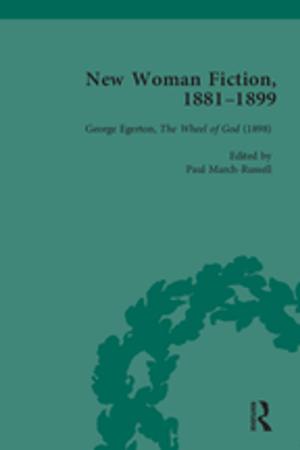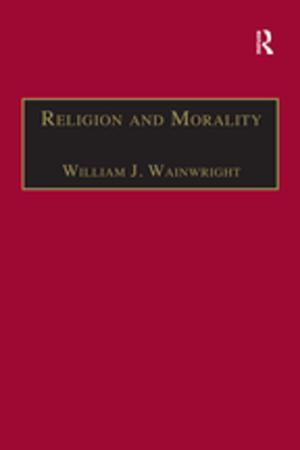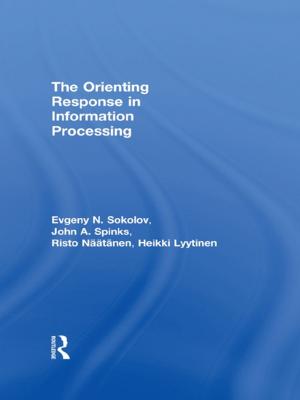| Author: | Hugh Cunningham | ISBN: | 9781000007640 |
| Publisher: | Taylor and Francis | Publication: | March 22, 2019 |
| Imprint: | Routledge | Language: | English |
| Author: | Hugh Cunningham |
| ISBN: | 9781000007640 |
| Publisher: | Taylor and Francis |
| Publication: | March 22, 2019 |
| Imprint: | Routledge |
| Language: | English |
Originally published in 1975, The Volunteer Force is a study of the part-time military force which came into being to meet the mid-nineteenth century fear of French invasion. It survived and grew for fifty years until in 1908 it was renamed and remodelled as the Territorial Force. Composed initially of middle-class and often middle-aged gentlemen who elected their own officers and paid for their own equipment, the Volunteer Force soon became youthful and working-class, with appointed middle-class officers, a Government subsidy, and a minor military role as an adjunct to the Regular Army. This book examines the origins of the Force, the transformation in its social composition, the difficulties in finding officers who were ‘gentlemen’, the ambiguous status, of the Force both in the local community and in the Regular Army, and the political influence which the Force exerted in the early twentieth century. Above all it is concerned with the reasons for and the implications of enrolment; publicists argued that the Force was the embodiment of patriotism, and an indication of working-class loyalty to established institutions.
Originally published in 1975, The Volunteer Force is a study of the part-time military force which came into being to meet the mid-nineteenth century fear of French invasion. It survived and grew for fifty years until in 1908 it was renamed and remodelled as the Territorial Force. Composed initially of middle-class and often middle-aged gentlemen who elected their own officers and paid for their own equipment, the Volunteer Force soon became youthful and working-class, with appointed middle-class officers, a Government subsidy, and a minor military role as an adjunct to the Regular Army. This book examines the origins of the Force, the transformation in its social composition, the difficulties in finding officers who were ‘gentlemen’, the ambiguous status, of the Force both in the local community and in the Regular Army, and the political influence which the Force exerted in the early twentieth century. Above all it is concerned with the reasons for and the implications of enrolment; publicists argued that the Force was the embodiment of patriotism, and an indication of working-class loyalty to established institutions.
